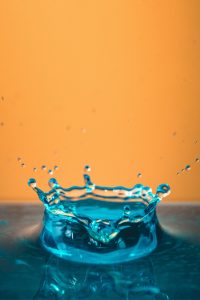Home » Community Development » Sauk County Groundwater Monitoring Program
Sauk County Groundwater Monitoring Program
A set of Sauk County residents were invited to participate in a community-based 5-year groundwater monitoring program initiated by Sauk County. The goal of this program is to work with a network of rural wells to learn about well water and to scientifically track changes in well water quality over time. Our hope is that residents will become part of the long-term monitoring network to assist in better understanding Sauk County well water quality.
In June of 2019, Sauk County and the UW-Stevens Point Center for Watershed Science and Education initiated a five-year project to gather information on well water quality that will allow for analysis of groundwater quality trends in the county. This project is a joint effort between Sauk County Land Resources and Environment, Public Health, and Extension. The goal of the program is to determine whether groundwater quality is getting better, worse, or staying the same. If it is changing, the information will be used to analyze where and what factors may be contributing to those changes.
Sauk County recruited 438 households from across Sauk County who are interested and willing to have their well water tested annually for the next five years. Little data currently exists that allows us to understand changes in groundwater quality. Annual long-term well water data from a carefully selected network of wells would help us learn about the influence of weather variability and land-use changes on Sauk County’s groundwater.
Each year participants will receive a copy of their test results as well as interpretive information. In addition, we will help track any changes in water quality. While the results will be used for research and educational purposes, well water data will only be shared in aggregated form or mapped at very generic levels so as not to identify individual landowners. If you have any questions regarding the project contact Morgan McArthur in the Sauk County Extension or Kevin Masarik at the Center for Watershed Science and Education.


